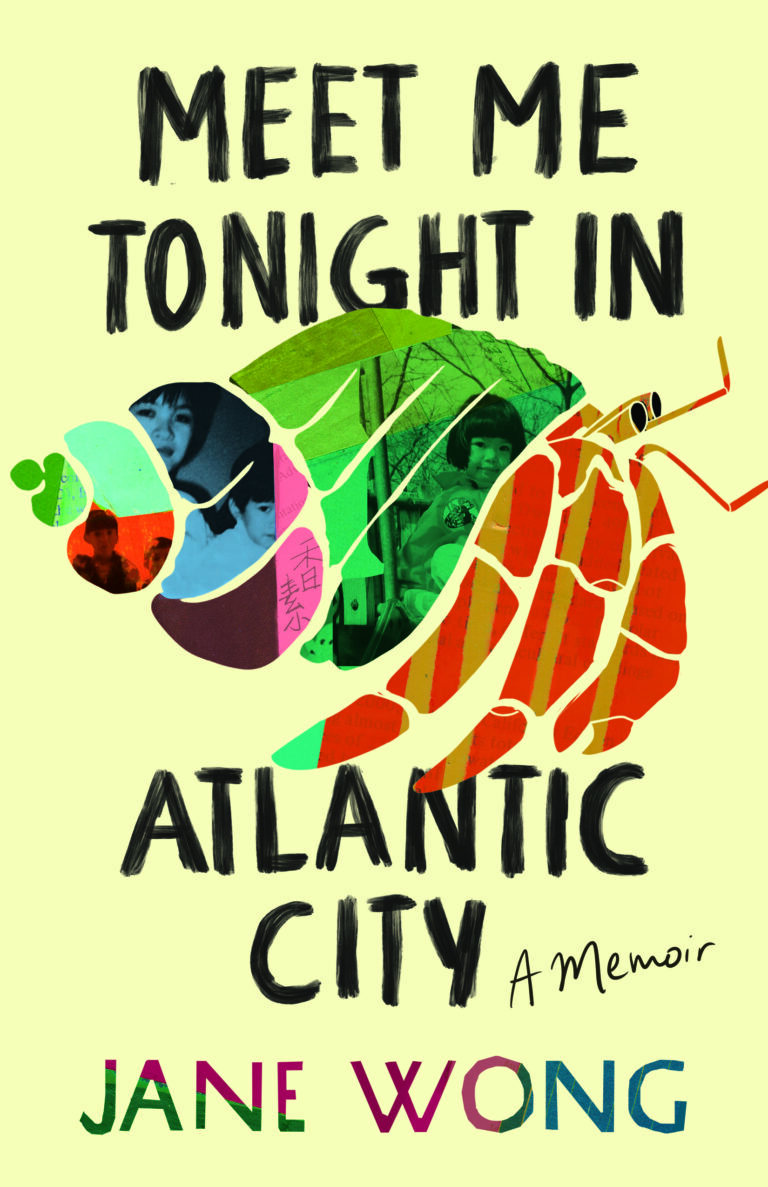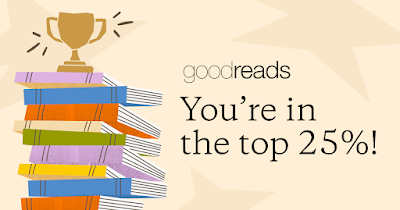Author Post:
I began writing poetry in 2017 at the age of 73. Before that, I earned
an undergraduate degree in art and architecture and a master’s degree in urban
planning. After graduate school, I worked for ten years for the Montgomery
County, Maryland, government in jobs related to my formal education. After
rising to the position of department head, subject to appointment and dismissal
by the County Executive, I left when a new Executive was elected who wanted to
place his own appointee in the position. That experience played into my first
book of poetry titled I Rode the Second
Wave: A Feminist Memoir, although at the time, it never occurred to me I would be
writing poetry later in life.
I spent the next 31 years working in nonprofit organizations, the last
10 years at the Arts and Humanities Council of Montgomery County, Maryland, as
Director of Grants responsible for making roughly $4 million in grants each
year. Some of those grantees were poets. I still had no thoughts of writing
poetry myself.
Through those 41 years, I wrote reams of legislation, zoning
regulations, grant guidelines, memos, and reports. I love writing and enjoy
getting words on paper that were valuable to the mission of the organizations
for which I worked. If readers understood what I was trying to say or, in some
cases, were persuaded by what I was writing, I considered it a success.
After I retired in 2010, I wanted a change of focus and worked as a visual
artist, pursuing an earlier part of my education. I joined a cooperative,
nonprofit gallery in Washington, D.C., and, in part because of my more than 30 years’
experience in managing nonprofits, became president of the organization.
One day, a large chunk of the plaster ceiling in our gallery fell to the
floor. We already realized the building was old and we might need to move, but
this was a sign we could not ignore. As president, I appointed a committee to
search for new space. We found it in a building under construction in a
livelier part of town where new apartments were being built all around. The
only catch—the landlord issued a Request for Proposals (RFP) to find the best
creative tenants. I wrote the 25-page response to the RFP on behalf of the
gallery. And we “won” the space.
That was the volta, the change that made me realize I missed
writing. But I didn’t want to keep writing in the vein that business demands.
No more memos, reports, or responses to RFPs. What form of writing, I wondered,
would be different, but still satisfying. I thought it might be poetry. Happily,
the gallery rented its space to earn additional income and a poetry reading was
scheduled in our new space soon after we moved in. I assigned myself to be the
onsite staff member that evening and, when the reading was over, I knew I
wanted to try writing poetry.
Not too far from where I live is a nonprofit, a grantee from my earlier
life, called The Writer’s Center, that offered
numerous classes on a wide variety of writing forms. I began taking poetry
writing classes there and, over time, I took every class they offered about the
craft of poetry. My instructors said I had a knack for it. I wrote. I revised.
I submitted. And my work began to be published.
Reflecting on my life growing up in the 1950s, I decided to write a
memoir in poems that became the book titled I Rode the Second Wave: A
Feminist Memoir. Around the time it was published, Roe v. Wade was
overturned by the Supreme Court and the struggle for the rights of women again came
to the forefront. The book is timely as it talks about my life in the context
of all that occurred during the second wave of feminism.
Since then, I’ve written two chapbooks that have been published by two
different small publishers—The Poet Who Loves
Pythagoras from Finishing Line Press, and this book, Arranging Words, from Quillkeepers Press.
So how did my early interests and college studies influence the
direction I took in writing poetry? As the Bard wrote, “What’s past is prologue.”
All of my past interests and experiences are brought into play when I write
poetry. My poems are in narrative form that tell stories. For example, I have
always enjoyed math. It has a sense of certainty that few things in life do. So,
when I wrote a few poems on math topics, including one about Pythagoras, an
instructor encouraged me to expand the topic into a book.
Arranging Words grew out of my desire to make letters, words, and idioms relatable
and meaningful while recognizing that the English language is a slippery beast,
and sometimes it’s hard to say what we mean. From my perspective, one of the
ways to reveal the trickiness of words is to use humor. Many of the poems in Arranging
Words are intended to be funny. Feel free to laugh.
And that’s the bottom line. After being on this earth for almost 80
years, having experiences both good and bad, I like to write poetry that I hope
makes readers think about life from an uncommon perspective, and, at times,
laugh.
About the Author:
Fran Abrams lives in Rockville, MD. Her poems have been published in literary magazines online and in print and appear in more than a dozen anthologies. In July 2022, the title poem of this book, “Arranging Words,” was a finalist in the 2022 Prime Number Magazine Award for Poetry. Her two previous books are: I Rode the Second Wave: A Feminist Memoir (2022) and The Poet Who Loves Pythagoras (2023). Learn more at www.franabramspoetry.com and Connect on Facebook at Fran Abrams, Poet.
Available on Amazon, Bookshop, and Barnes & Noble.
Memes: The Sunday Post hosted by The Caffeinated Bookreviewer. Also, It's Monday: What Are You Reading, and Sunday Salon, Stacking the Shelves.































